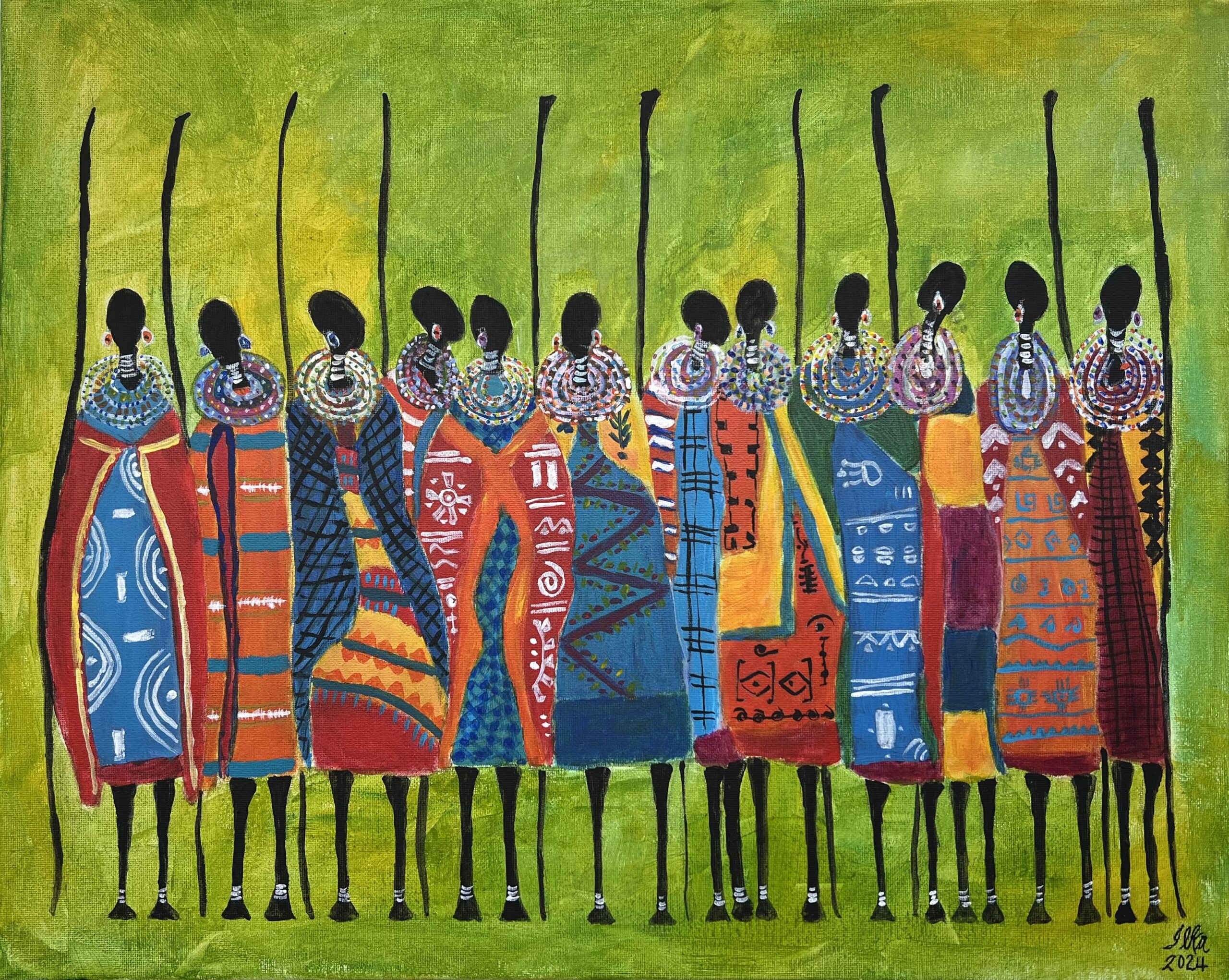Translated by Marvin Najarro
At three o’clock in the morning they already have the agave net bags of carrots, beets, and radishes ready. They washed the vegetables the night before; it is cheaper when they get the produce straight from the farmers’ fields. This year they also took the chance of dealing in coconuts; an important ingredient of the fruit punch consumed during the end-of-year festivities. To get the coconuts they had to travel from Chimaltenango to Escuintla, sometimes to Suchitepéquez, which means an extra expense that will greatly impact their fragile economy.
Ixmucané’s parents, after twenty years of selling vegetables outside the market, spreading them on nylon sheets, and enduring bad weather conditions, at last were able to buy a stall inside the market. This was possible thanks to the money sent by his mother’s sister, who lives in the United States as an undocumented immigrant, and works in a poultry processing plant otherwise, it would have been impossible for them. This is something his mother always reminds his father when he goes in a three-day farra1 and end up lying in the streets.
There is nothing like a stall inside the market, the cold weather is not a problem, and there is no downpour or frost that forces them to rush to pack away their merchandize; and they even built a stand to display the vegetables. And not to mention the little plastic bench they can now move to and fro. An area of three by two meters is a large space compared to how crowded they were outside the market, kneeling all day.
Ixmucané’s mother, Ixchel, wanst to buy paint latter if they do well with the end-of year sales, to paint the shelves’ lepas,2 in the meantime she covers the surface with blue nylon, and makes a layer of banana leaves for the vegetables. For the end-of-year days, she buys a bag of pine leaves and scatters them on the stall to make it smell fresh and festive.
Early in the morning, when the dew is occurring, Ixmucané, a five-year-old girl, is all dress up and neatly combed, heating up the coffee, the beans and tortillas on the embers of the polletón,3 so that her parents and older siblings can eat breakfast. That’s her job every morning, from Monday to Sunday. She starts by serving the beans, tortillas, coffee and boiled eggs, it will be their nourishment for the whole day; they will eat again until they get back home. They are hopping the sales will be great so that they can gather the money necessary for the school registration, uniforms and school supplies.
Later in the day, Ixmucané, as part of her job, will begin to tie bunches of carrots, beets, and radishes, also cutting the vegetables green tops for people who prefer them without leaves. At the end of the day, she will give the leaves to her friend Nicté, a girl of the same age, who goes from stall to stall collecting scraps to feed the little pigs she is raising at her home, and that her family sells a t the end of the year. She always gives Ixmucané a chipilín tamalito, which her aunt uses to sell outside the market. Nicté’s aunt, seeing what Ixmucané’s family has accomplished, does not give up hope that someday in the not-so-distant future, she too will be able to own a stall in the market where she can open an eatery.
[1] Farra. Guat. A bout of heavy drinking.
[2] Lepa. Guat. The outside layer of the trunk of a three. Piece of wood that is rounded on one side or face and sawn on the other.
[3] Polletón. Guat. Large clay table for cooking.
If you share this text in another website and/or social media, please cite the original source and URL: https://cronicasdeunainquilina.com
Ilka Oliva-Corado @ilkaolivacorado






